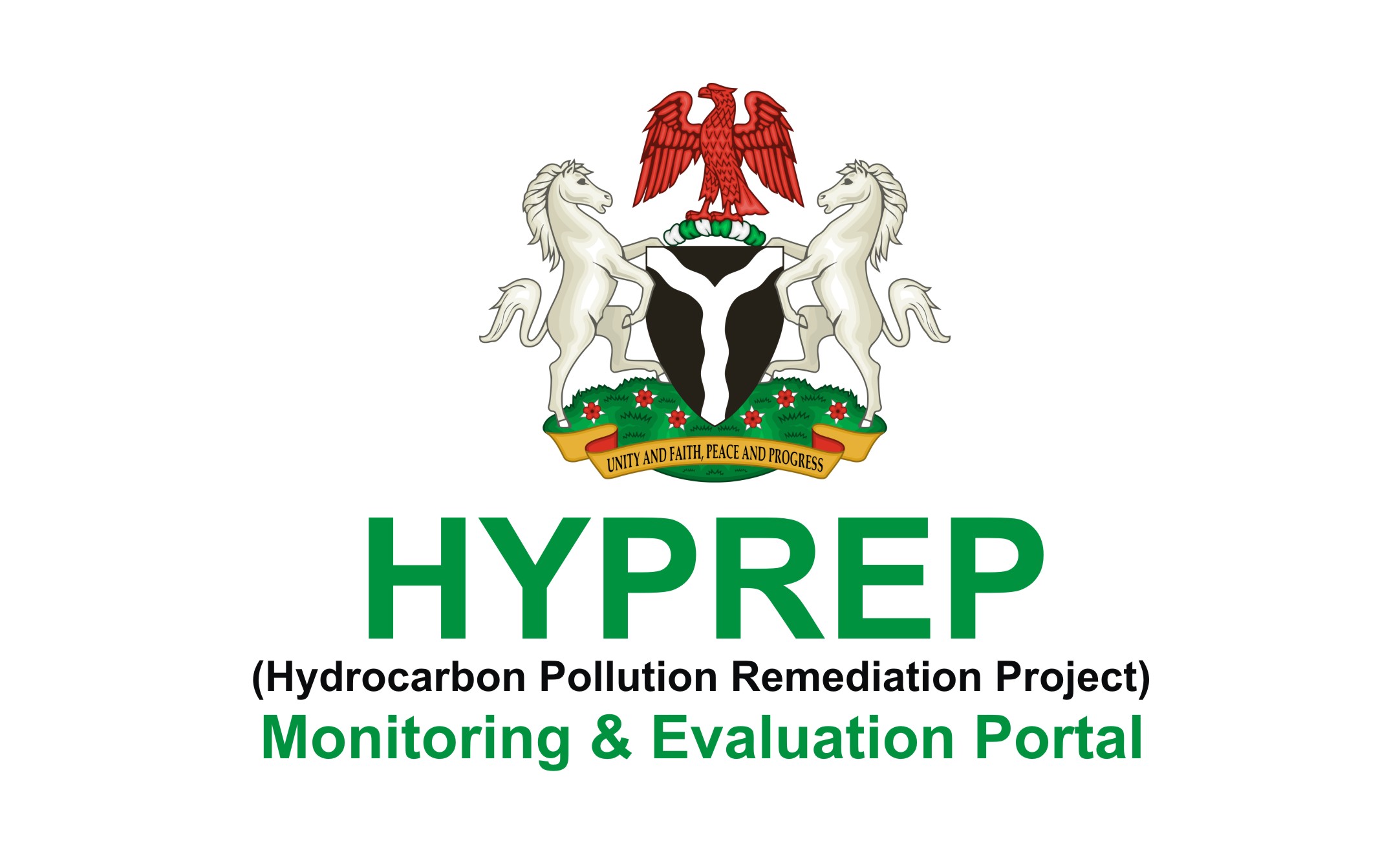Business
Nigeria’s Budget Deficits Hit N47trn Under Buhari
Nigeria’s total budget deficit under President, Muhammadu Buhari is set to hit N47.43tn, according to an analysis of the Federal Government’s data from the Budget Office of the Federation.
According to investopedia, a budget deficit happens when expenses exceed revenue.
The budget datab so analysed cover the actual budget deficits and projections for 2015, 2016, 2017, 2018, 2019, 2020, 2021, 2022, and 2023 fiscal years.
According to data, deficit financing has risen by 370.54 per cent from N2.41tn in 2016 to N11.34tn in 2023.
In 3rd and 4th quarter of 2015, total deficit financing amounted to N841.48bn, it rose to N2.41tn in 2016, N3.81tn in 2017, N3.65tn in 2018, N4.18tn in 2019, N6.59tn in 2020, putting increase in budget deficit at 370%, amounting to N47tn under Buhari
While the total deficit for 2022 has not been released, the budget office expects deficit to hit N8.17tn (of which N6.37tn had been spent as of November 30, 2022).
The office also anticipates a high deficit financing of N8.17tn for the 2023 fiscal year.
It also spent N14.13tn on servicing domestic and foreign debts, as well as N10.47tn on capital expenditure.
Explaining the government budget deficit, an economic expert, Professor Akpan Ekpo, said, “This shows that expenditure has eclipsed the revenue, because they have to borrow, which is why there is a deficit.
“They can’t raise enough domestic resources to finance spending. That gap is a deficit. Talking about GDP, by the rules, it should not be more than a certain percentage of GDP, but it has exceeded that.”
According to the former Coordinating Minister for the Economy and Minister of Finance, Dr Ngozi Okonjo-Iweala, there is a need to keep the budget deficit under three per cent of GDP because of the Fiscal Responsibility Act, 2007, and in accordance with the international norm.
The country’s budget deficit to the GDP ratio had risen from 1.69 per cent in 2015 to 2.37 per cent in 2016. It increased to 2.85 per cent in 2018, 2.92 per cent of GDP in 2019.
The Federal Government expects the deficit to GDP ratio to be 5.03 per cent of the 2023 budget.
Minister of Finance, Budget and National Planning, Mrs Zainab Ahmed, had disclosed that the government was struggling to raise revenue for its expenditure.
In a document titled ‘Public Consultation on the Draft 2023 – 2025 MTFF/FSP,’ she said, “Revenue generation remains the major fiscal constraint of the federation.
“The systemic resource mobilisation problem has been compounded by recent economic recessions”.
While defending the 2022 budget, she stated, “If we just depend on the revenues that we get, even though our revenues have increased, the operational expenditure of the government, including salaries and other overheads, is barely covered or swallowed up by the revenue.
The Federal Government borrowed N6.31tn from the CBN through Ways and Means Advances in 10 months of 2022.
This pushed total borrowing from the CBN from N17.46tn in December 2021 to N23.77tn in October 2022.
World Bank had raised concerns over the financing of budget deficit through the CBN’s Ways and Means.
“The CBN’s inflation target of six–nine percent, which has not been achieved since 2016, remains unlikely to be met in the near term”, according to the apex bank.
With deficit financing estimated at 5.2 percent of GDP for 2022, the bank disclosed that the Federal Government remains in breach of the legally stipulated level set in the Fiscal Responsibility Act (2007).
Report has it that the government could sell or concession the Tafawa Balewa Square in Lagos as well as all the National Integrated Power Projects in Olorunsogo, Calabar II, Benin (located at Ihorbor), Omotosho II, and Geregu II plants, and some other government assets to fund its budgets.
These repayments will be made almost every year until about 2038, according to the public presentation of the approved 2023 budget by the Minister of Finance, Budget and National Planning.
While the total deficit for 2022 has not been released, the budget office expects deficit to hit N8.17tn (of which N6.37tn had been spent as of November 30, 2022).
The office also anticipates a high deficit financing of N8.17tn for the 2023 fiscal year
There had been report that the Federally Government borrowed N6.31tn from the CBN through Ways and Means Advances.
Business
NCDMB, Dangote Refinery Unveil JTC On Deepening Local Content

Business
Industry Leaders Defend Local Content, … Rally Behind NCDMB

Business
Replace Nipa Palms With Mangroove In Ogoni, Group Urges FG, HYPREP

-
News9 hours ago
FG Renames University of Maiduguri After Buhari …As Tinubu Pours Encomiums On Late President
-
News11 hours ago
PCRC Dismisses Claims Of Police Strike As Fake, Mischievous
-

 News8 hours ago
News8 hours agoRivers PDP Debunks Sale Of LGA Election Forms
-
Niger Delta11 hours ago
Bishop Mocks Fake Prophecy Seekers … As Priests Relive Challenges At Ordination Ceremony
-
Rivers13 hours ago
Macobarb CEO Cries Out, Says No Indigenous Contractor Can Win Case Against NLNG Or Oil Majors in Nigerian Courts …As Justice Nwogu Throws Out Macobarb’s N5.74bn Claim
-
Rivers9 hours ago
Motor Spare Parts, Industrial Generators Dealers’ Union Swears Gets New Chairman in Port Harcourt
-
News11 hours ago
NUP Denies Planned Protest Over N32,000 Pension Increment
-

 Women8 hours ago
Women8 hours agoWhat To Know About Fufu, Loi Loi

